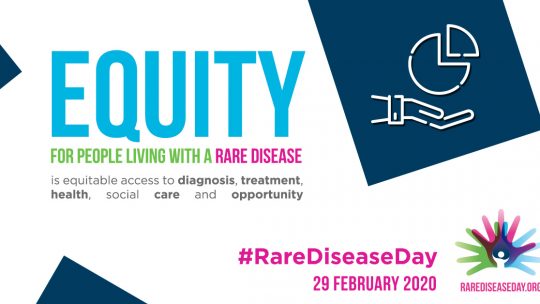Immuno-moodulin: A new anxiogenic factor produced by Annexin-A1 transgenic autoimmune-prone T cells
GiuseppaPiras, LorenzaRattazzi
Brain, Behavior, and Immunity, 29 February 2020
Patients with obsessive compulsive disorder (OCD) have increased levels of Immuno-moodulin (Imood), a protein in their lymphocytes, a type of immune cell.
Anxious mice returned to normal in a couple of days after being given an antibody that blocked Imood. Twenty-three people with OCD and twenty healthy people without OCD were tested; Imood expression was about six times higher in those with OCD. Additional research indicates the same protein, Immod, is elevated in ADHD.










